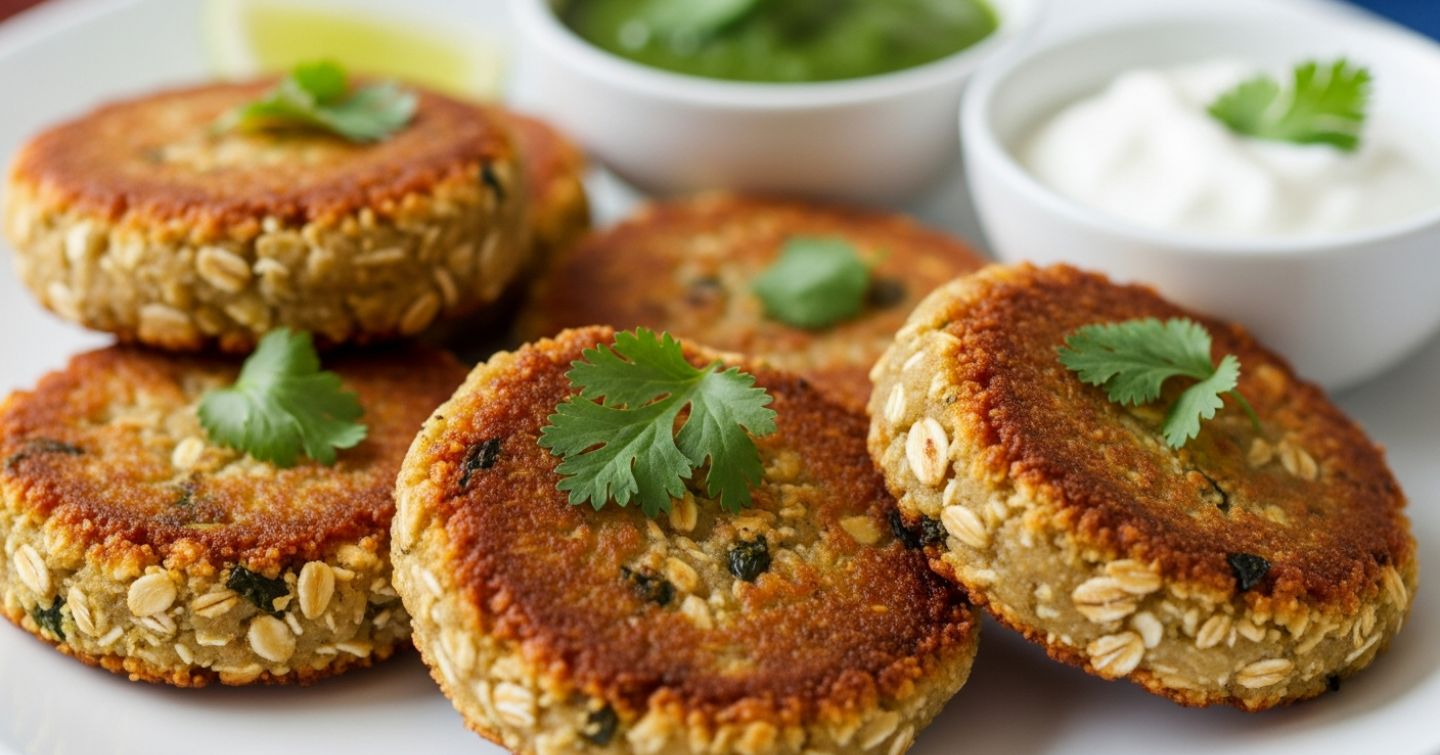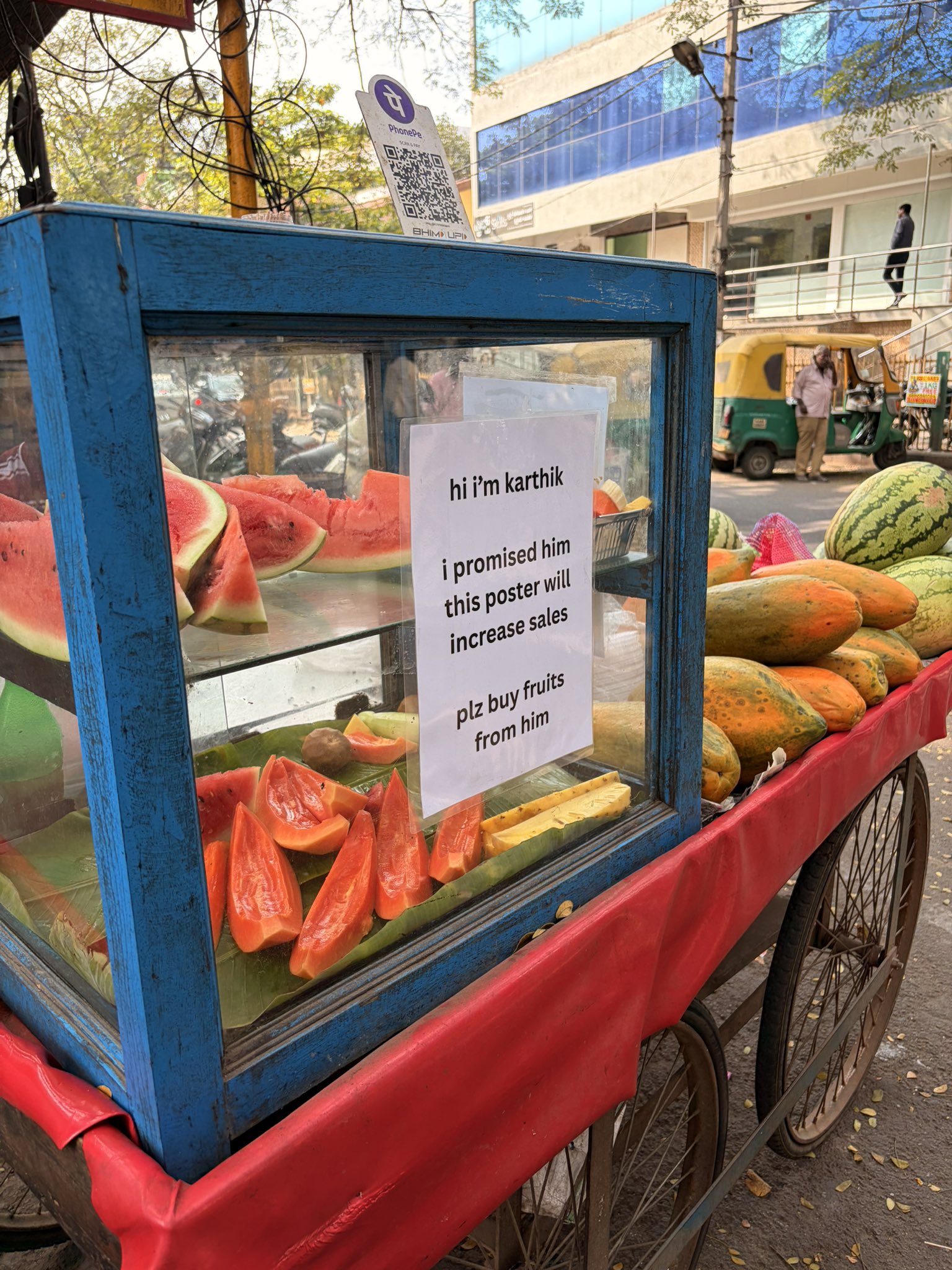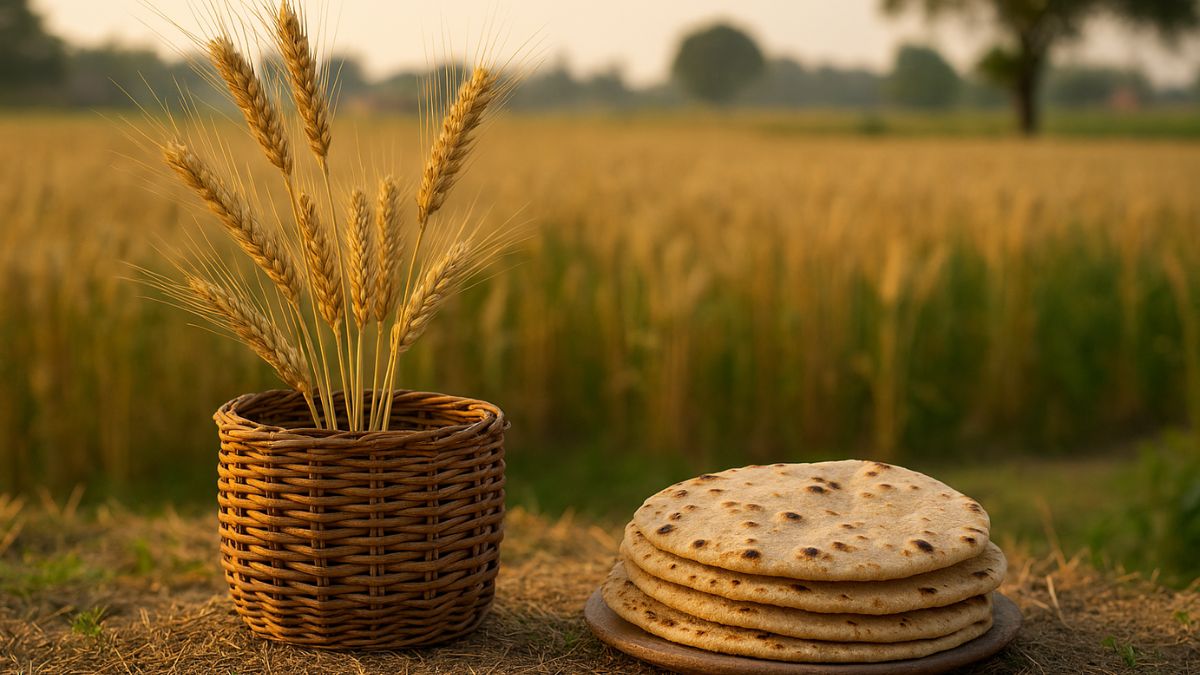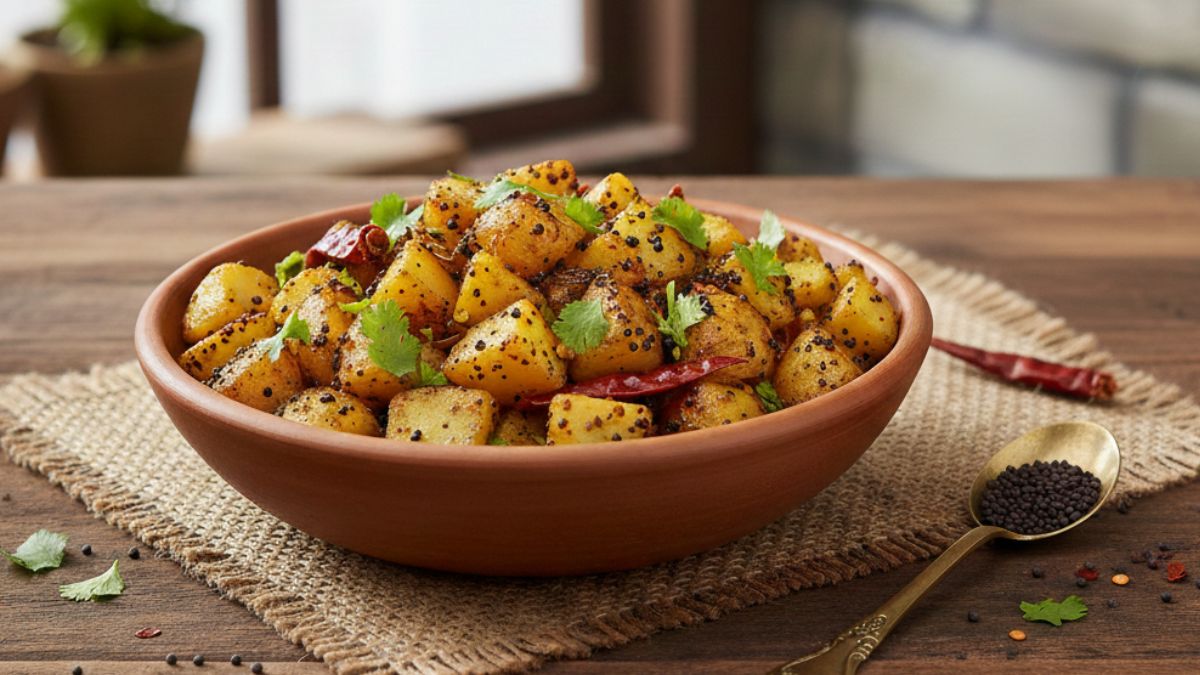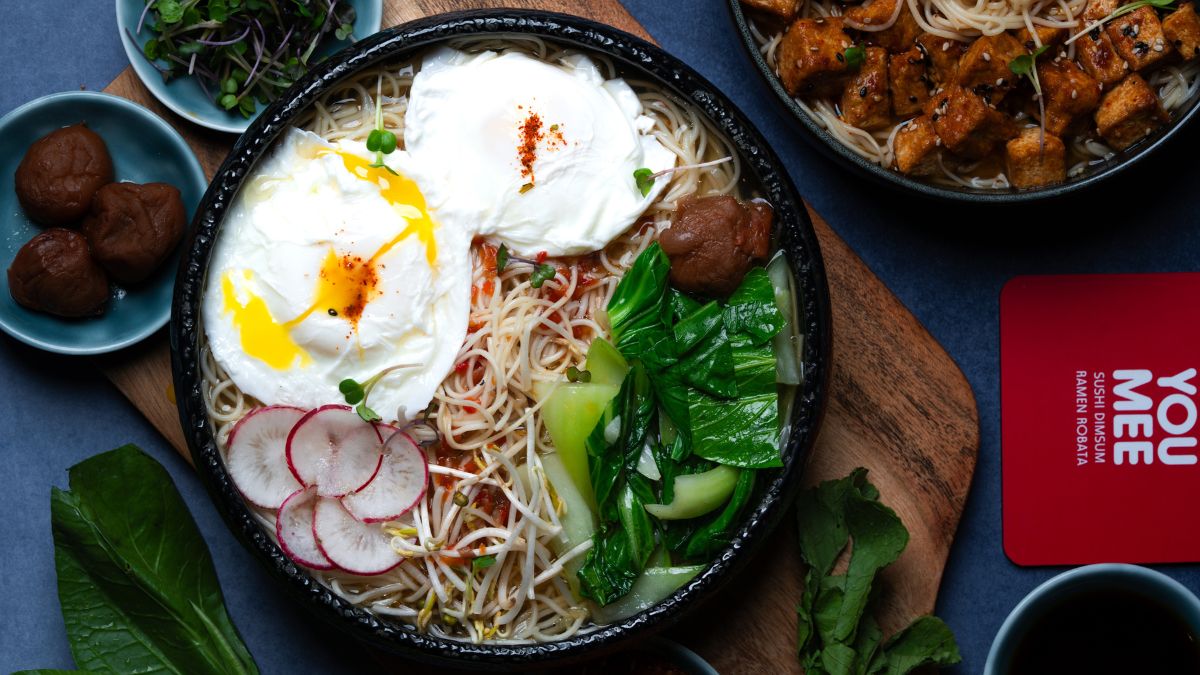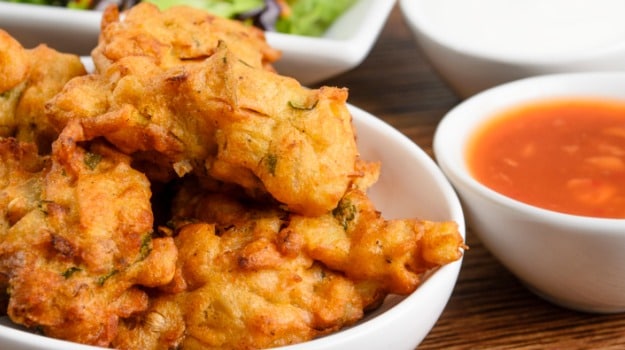Have the monsoon showers got you reaching out for that cup of garam chai and a steaming plate of pakodas? Halt right there! While the rain may bring you respite from the scorching heat, it also brings with it a series of infections and the occasional flu. It is important to arm ourselves against these ailments to make the most of the lovely weather. So before you set out on a long drive to that cosy, obscure café that serves chai and snacks just the way you like them, read through this list of food items you should avoid in the rainy season. Experts have long been recommending to eat fruits so as to enjoy their freshness and utilise their nutritional value fully. According to our expert Nutritionist Dr. Simran Saini, "Monsoons may be good, but they bring along a lot of infections. For example, green leafy vegetables are no-no in this season considering they have excess bacteria during this period and can make you prone to various health hazards."
 It may seem counter intuitive because all our lives we have been instructed about the importance of eating leafy vegetables. However, in the monsoon, they are best avoided. The grime and dampness present in them makes them highly susceptible to germs. Say no to vegetables like spinach, cabbage and cauliflower this season. Instead, go for pungent vegetables like bitter gourd, ghiya, tori or tinda. Make sure all vegetables are thoroughly washed and cooked well.
It may seem counter intuitive because all our lives we have been instructed about the importance of eating leafy vegetables. However, in the monsoon, they are best avoided. The grime and dampness present in them makes them highly susceptible to germs. Say no to vegetables like spinach, cabbage and cauliflower this season. Instead, go for pungent vegetables like bitter gourd, ghiya, tori or tinda. Make sure all vegetables are thoroughly washed and cooked well.
(The Most Underrated Veggie: The Infamous Story of Bitter Gourd)Fresh Juice and Fruit from Roadside Vendors
 Any fresh food items that have had a long exposure to the monsoon air should be avoided. Roadside vendors have the fruits cut up well in advance, which could have come in contact with contaminated air. Stick to fresh fruit juice prepared at home and consume it instantly.Quick Tip: Even at home, make sure you don’t leave cut fruits out for very long. Any prolonged exposure to the air can cause contamination. Cut it fresh and consume immediately.Sea Food
Any fresh food items that have had a long exposure to the monsoon air should be avoided. Roadside vendors have the fruits cut up well in advance, which could have come in contact with contaminated air. Stick to fresh fruit juice prepared at home and consume it instantly.Quick Tip: Even at home, make sure you don’t leave cut fruits out for very long. Any prolonged exposure to the air can cause contamination. Cut it fresh and consume immediately.Sea Food
 Monsoon is the breeding season for fish and prawns so they are best avoided this time of the year. Stick to chicken and mutton to satiate your craving for non-vegetarian food. However, if it absolutely essential to have sea food, make sure you only consume the freshest variety of it, taking extra care to cook them well.Fried Food
Monsoon is the breeding season for fish and prawns so they are best avoided this time of the year. Stick to chicken and mutton to satiate your craving for non-vegetarian food. However, if it absolutely essential to have sea food, make sure you only consume the freshest variety of it, taking extra care to cook them well.Fried Food
 Yes, you read that right. Fried food is one of the food items you should absolutely avoid this rainy season and science backs me up on this too. The highly humid monsoon weather causes our digestion process to slow down. However irresistible that spread of pakodas, samosas and kachodi may seem, they could cause gastronomical complications like bloating and stomach upset. Extra salty food also causes water retention.Dr. Simran Saini, nutritionist at Fortis Hospital, Shalimar Bagh, New Delhi, recommends, “I would strongly advise everyone to stay away from street food, especially items like gol gappa where water is used. The season brings with itself lots of bacteria and insects, which can cause severe infection.”(Fried Foods Lead to Obesity in People With Genetic Risk)Fizzy Drinks
Yes, you read that right. Fried food is one of the food items you should absolutely avoid this rainy season and science backs me up on this too. The highly humid monsoon weather causes our digestion process to slow down. However irresistible that spread of pakodas, samosas and kachodi may seem, they could cause gastronomical complications like bloating and stomach upset. Extra salty food also causes water retention.Dr. Simran Saini, nutritionist at Fortis Hospital, Shalimar Bagh, New Delhi, recommends, “I would strongly advise everyone to stay away from street food, especially items like gol gappa where water is used. The season brings with itself lots of bacteria and insects, which can cause severe infection.”(Fried Foods Lead to Obesity in People With Genetic Risk)Fizzy Drinks

Fizzy drinks reduce minerals in our body, which in turn leads to reduction of enzyme activity. This is highly undesirable with an already weak digestive system. Keep a bottle of water or nimbu paani handy or stick to warm beverages like ginger tea. Your digestive system will thank you for it.
Similarly, Dr. Saini also says, “This season renders our digestive system sensitive. I would advise everyone to go easy on dairy products too as they can take a toll on digestion. Instead, go for nimbu paani or shikanjvi. Plenty of boiled, clear water should be consumed.”(Fizzy drinks as harmful as drugs for teeth)To make the most of your favourite season, follow these quick but essential tips.1. Forego a heavy meal and keep a light diet. The joy of eating that comforting plate of roadside chola bhatura will only be momentary because of a vulnerable digestive system during the monsoons.2. Don’t let the rains make you lazy. Keep up that exercise regime and sweat out that extra moisture and potentially harmful bacteria. 3. Personal hygiene is paramount in this season. There is no chance you wouldn’t have stepped in a grimy puddle in the course of the day. Washing with just water is not enough. Use an anti-bacterial solution or soap to clean out all those germs.4. The season brings with it infections galore! Cases of ear infections, flu, common cold and eye infections like conjunctivitis multiply in number and no signs should be ignored.5. Keep drinking water, and then some more. You may not feel too thirsty but you should keep hydrating the body, otherwise it may lead to a drop in the immunity and make you lethargic.
Here are 5 foods to avoid this monsoon season to stay healthy:
(Monsoon Health Guide: Rainproof Your Lifestyle With Right Diet)Leafy Vegetables
Say no to vegetables like spinach, cabbage and cauliflower this season.
(The Most Underrated Veggie: The Infamous Story of Bitter Gourd)Fresh Juice and Fruit from Roadside Vendors

Stick to fresh fruit juice prepared at home and consume it instantly.

Stick to chicken and mutton to satiate your craving for non-vegetarian food.

Fried food should be avoided this rainy season.

Fizzy drinks reduce minerals in our body, which in turn leads to reduction of enzyme activity.
Fizzy drinks reduce minerals in our body, which in turn leads to reduction of enzyme activity. This is highly undesirable with an already weak digestive system. Keep a bottle of water or nimbu paani handy or stick to warm beverages like ginger tea. Your digestive system will thank you for it.
Similarly, Dr. Saini also says, “This season renders our digestive system sensitive. I would advise everyone to go easy on dairy products too as they can take a toll on digestion. Instead, go for nimbu paani or shikanjvi. Plenty of boiled, clear water should be consumed.”(Fizzy drinks as harmful as drugs for teeth)To make the most of your favourite season, follow these quick but essential tips.1. Forego a heavy meal and keep a light diet. The joy of eating that comforting plate of roadside chola bhatura will only be momentary because of a vulnerable digestive system during the monsoons.2. Don’t let the rains make you lazy. Keep up that exercise regime and sweat out that extra moisture and potentially harmful bacteria. 3. Personal hygiene is paramount in this season. There is no chance you wouldn’t have stepped in a grimy puddle in the course of the day. Washing with just water is not enough. Use an anti-bacterial solution or soap to clean out all those germs.4. The season brings with it infections galore! Cases of ear infections, flu, common cold and eye infections like conjunctivitis multiply in number and no signs should be ignored.5. Keep drinking water, and then some more. You may not feel too thirsty but you should keep hydrating the body, otherwise it may lead to a drop in the immunity and make you lethargic.
Advertisement
For the latest food news, health tips and recipes, like us on Facebook or follow us on Twitter and YouTube.
Tags:

